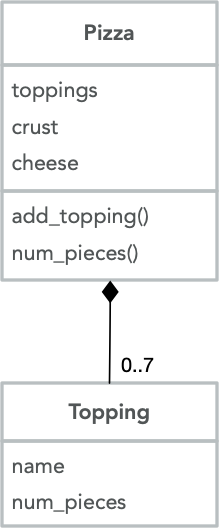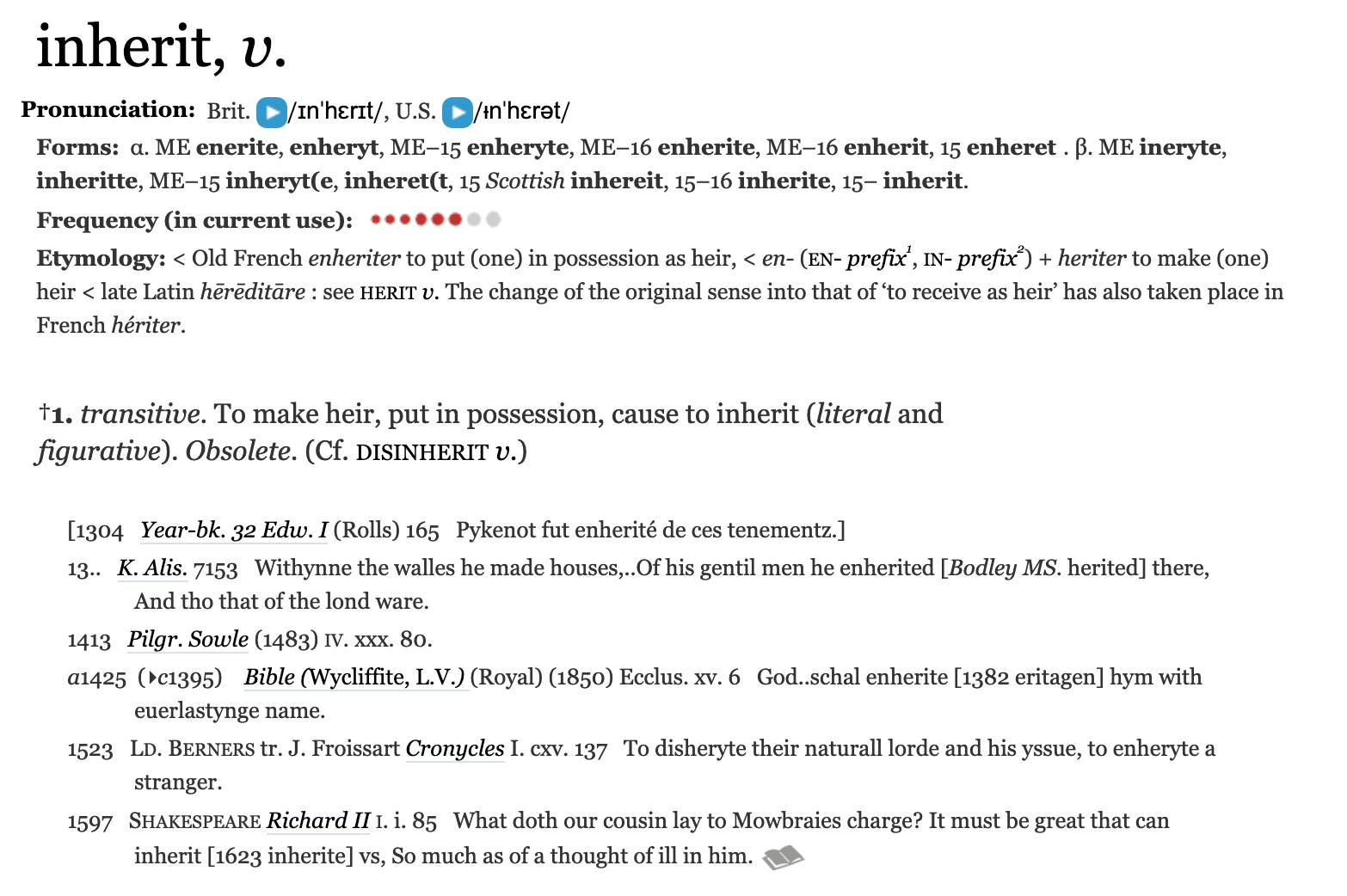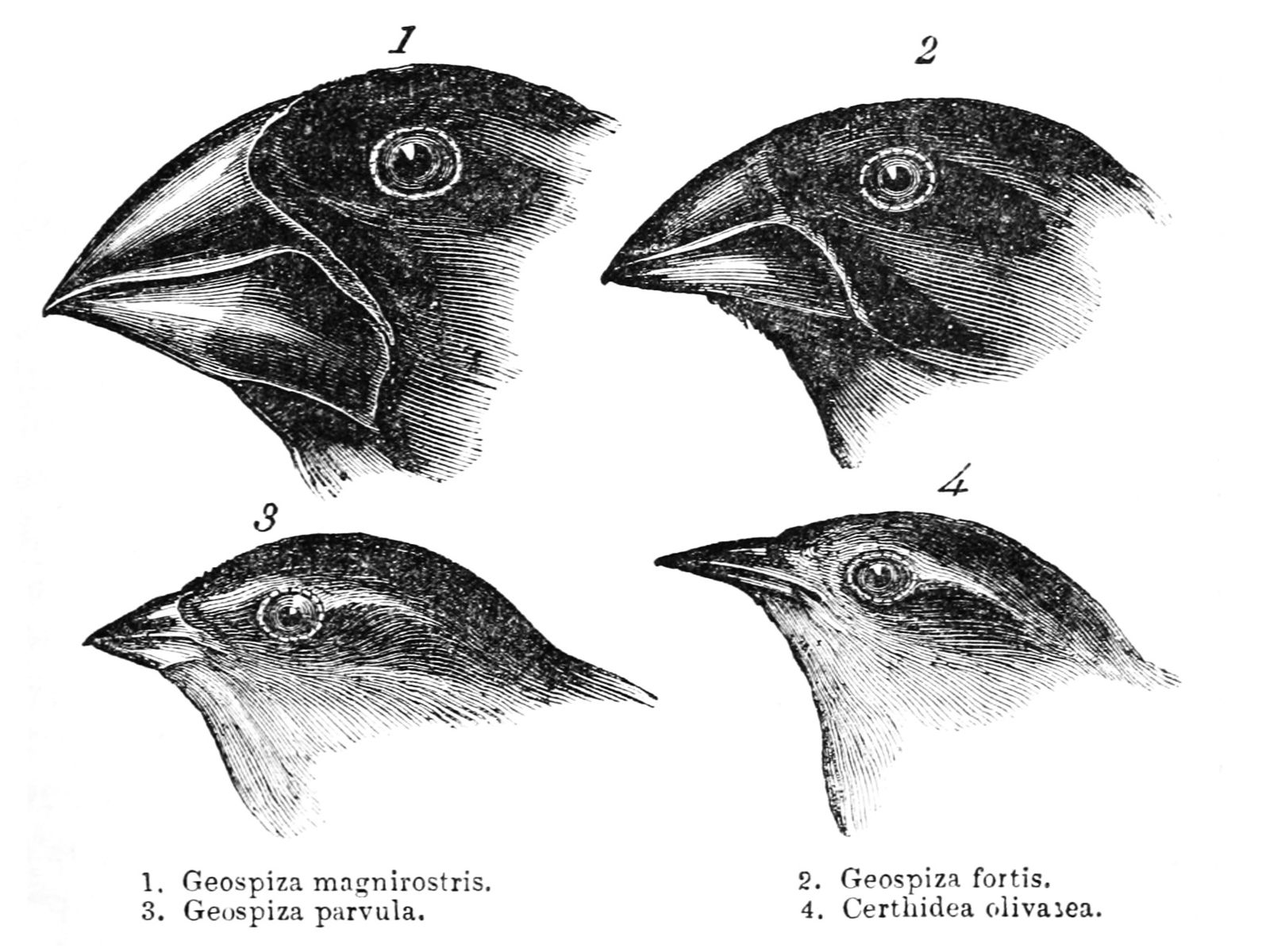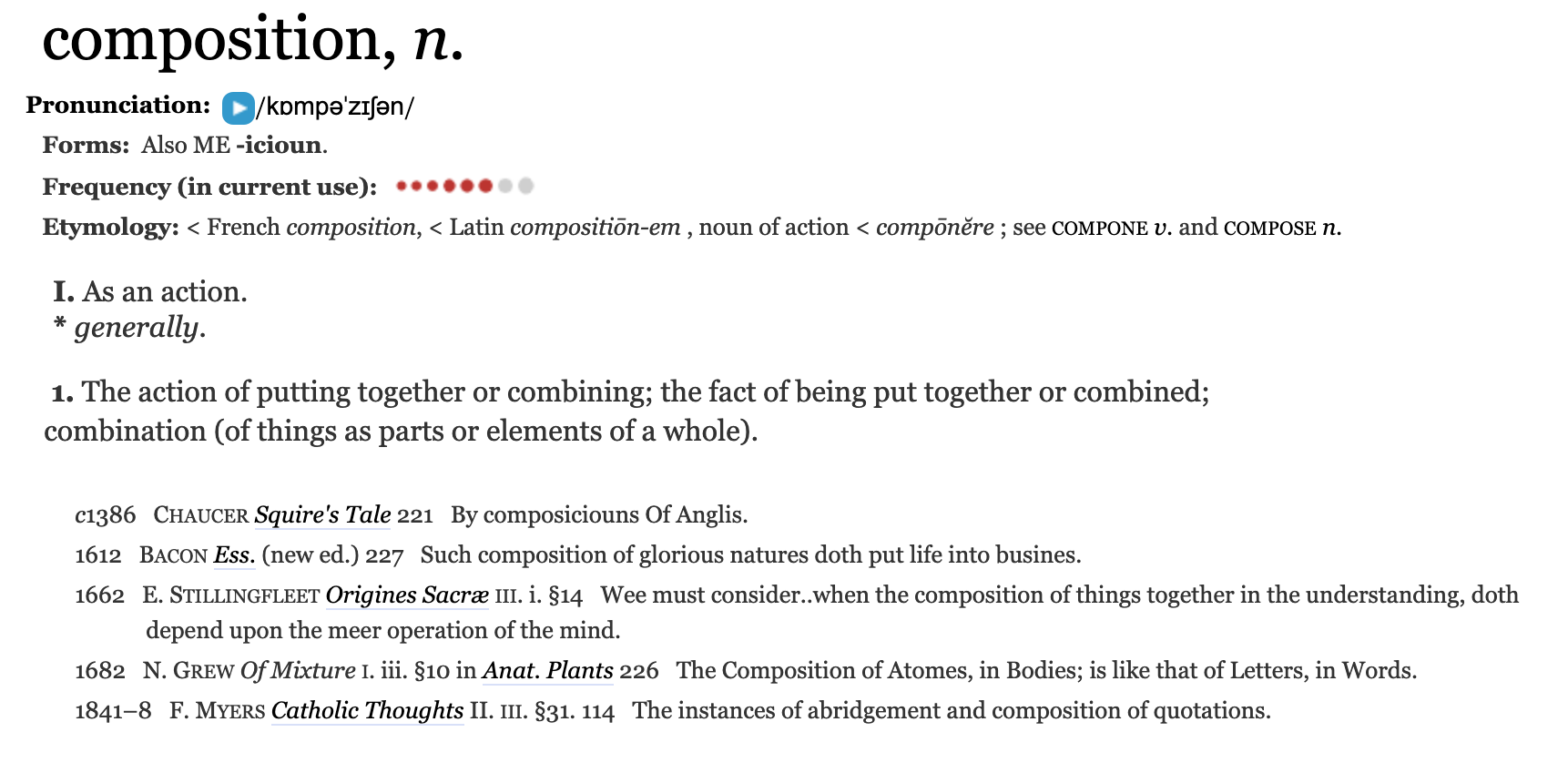Inheritence & Composition
Patterns for Code Reuse

class Post():
def __init__(self, creator):
self.creator = creator
class Tweet(Post):
def retweet(self):
print("retweeted by " + self.creator)
class Snap(Post):
def expire(self):
print("expired snap by " + self.creator)
snap = Snap("edsu")
snap.expire()expired snap by edsu
class Post():
def __init__(self, creator):
self.creator = creator
class Tweet(Post):
def retweet(self):
print("retweeted by " + self.creator)
class Snap(Post):
def expire(self):
print("expired snap by " + self.creator)
tweet = Tweet(creator="edsu")
tweet.retweet()retweeted by edsu
class Post():
def __init__(self, creator):
self.creator = creator
class Tweet(Post):
def retweet(self):
print("retweeted by " + self.creator)
class Snap(Post):
def expire(self):
print("expired snap by " + self.creator)
tweet = Tweet(creator="edsu")
tweet.expire()AttributeError: ‘Tweet’ object has no attribute ‘expire’
class Post():
def __init__(self, creator):
self.creator = creator
def delete(self):
print("post deleted by " + self.creator)
class Tweet(Post):
def retweet(self):
print("retweeted by " + self.creator)
class Snap(Post):
def expire(self):
print("expired snap by " + self.creator)
tweet = Tweet(creator="edsu")
tweet.delete()post deleted by edsu
Overriding Methods
class Post():
def __init__(self, creator):
self.creator = creator
def update(self):
print("post updated by " + self.creator)
class Tweet(Post):
def update(self):
print("you can never update tweets!")
class Snap(Post):
def expire(self):
print("expired snap by " + self.creator)
tweet = Tweet(creator="edsu")
tweet.update()you can never delete tweets!""
Exercise
Remember our Email class that we used for processing the Enron email? Let’s extend the one I’ve uploaded as email.py to Module 7 in ELMS and add a method that will return the subject of the email.
Composition

Pizza
- crust
- toppings
- cheese
- sauce

class Topping():
def __init__(self, name, num_pieces):
self.name = name
self.num_pieces = num_pieces
topping = Topping("pepperoni", 25)
print(topping)<main.Topping object at 0x10c6374e0>
class Pizza():
def __init__(self):
self.toppings = []
def add_topping(self, topping):
self.toppings.append(topping)
pizza = Pizza()
print(pizza)<main.Pizza object at 0x10c6374e0>
class Pizza():
def __init__(self):
self.toppings = []
def add_topping(self, topping):
self.toppings.append(topping)
class Topping():
def __init__(self, name, num_pieces):
self.name = name
self.num_pieces = num_pieces
pizza = Pizza()
pizza.add_topping(Topping("pepperoni", 18))
pizza.add_topping(Topping("mushrooms", 12))
pizza.add_topping(Topping("green peppers", 15))
print(pizza.toppings)[<main.Topping object at 0x10c9ae748>, <main.Topping object at 0x10c9aea58>, <main.Topping object at 0x10c9aea90>]
class Topping():
def __init__(self, name, num_pieces):
self.name = name
self.num_pieces = num_pieces
def __repr__(self):
return "{} pieces of {}".format(self.num_pieces, self.name))
pizza = Pizza()
pizza.add_topping(Topping("pepperoni", 18))
pizza.add_topping(Topping("mushrooms", 12))
pizza.add_topping(Topping("green peppers", 15))
print(pizza.toppings)[18 pieces of pepperoni, 12 pieces of mushrooms, 15 pieces of green peppers]
class Pizza():
def __init__(self):
self.toppings = []
def add_topping(self, topping):
self.toppings.append(topping)
def num_pieces(self):
count = 0
for topping in self.toppings:
count += topping.num_pieces
return count
pizza = Pizza()
pizza.add_topping(Topping("pepperoni", 18))
pizza.add_topping(Topping("mushrooms", 12))
pizza.add_topping(Topping("green peppers", 15))
print(pizza.num_toppings())45
OOP Patterns
Exercise
Download the pizza.py file from Module 7 and modify Pizza.add_topping to ensure that no more than 7 toppings are added.
If someone adds more than 7 toppings it should print “Sorry that is too many toppings!”.




